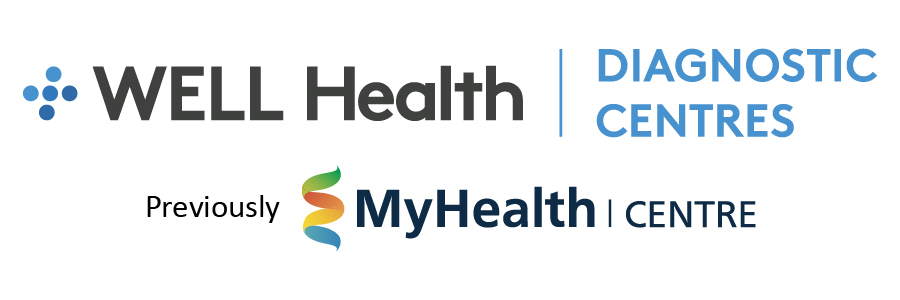Cardiology primarily focuses on the diagnosis and treatment of various diseases and disorders that affect the heart. A cardiology consultation is usually requested by your family doctor, general internist or sometimes another specialist or surgeon when he or she wishes to have a heart specialist (cardiologist) use his/her expertise to evaluate your heart.
Not only do these consultations play an important role in the diagnosis and treatment of a heart condition, they are also crucial in educating the patient on lifestyle changes required to prevent the condition from worsening or to hasten the recovery process.
Cardiology consultations also aid in the early detection of health conditions that would likely lead to heart problems. Not all patients who schedule consultations have heart conditions – Some consult a cardiologist as a preventive measure because we become more prone to cardiovascular diseases as we age. By undergoing periodic cardiology consultations, the heart can be monitored for any changes that may endanger a person’s health.
Ideally, everyone should undergo a periodic cardiology consultation primarily because early heart conditions typically do not display obvious symptoms. An example is stage B congestive heart failure (CHF). As this condition is asymptomatic (showing no symptoms), the patient may not know about it unless he/she undergoes routine cardiac diagnostic tests. If timely medical intervention is not sought, the condition will likely progress to a point when the patient begins to display symptoms, such as breathing difficulty and fatigue.
Many cardiovascular diseases can be prevented. It’s possible to know if you’re at risk of developing the condition simply by consulting a cardiologist and undergoing a few tests. Those whose condition has already progressed need to undergo a cardiology consultation so that treatment can begin immediately.
The results of a cardiology consultation vary from person to person. Some people may find out that they require immediate treatment, while others may have a healthy heart and only need to continue living a healthy lifestyle.
BEFORE THE TEST
The procedures of a cardiology consultation may vary, but will typically include an interview, physical examination, other examinations as required, and a diagnosis of the patient’s condition. However, preparation for the consultation is also an important step. To maximize the benefits that this procedure can offer, patients are encouraged to:
- Prepare a list of any medications being taken
- Bring results of other medical exams and tests
- Prepare a list of questions to ask the cardiologist
- Create a complete list of symptoms including their severity and when they started to show
DURING THE TEST
During the consultation, the patient’s blood pressure, weight, and height measurements will be taken. An echocardiogram (ECHO) may also be performed.
Following the interpretation of the ECHO results, the cardiologist may provide an initial or final diagnosis. However, if more information is required, the patient will undergo more tests and the schedule of these tests, as well as the follow-up consultation, will be provided. Additional tests can include blood tests, x-rays or stress tests.
AFTER THE TEST
Once the cardiologist has collected all the necessary information, the patient will be informed of the diagnosis and treatment options, which can include:
- Lifestyle changes, which may include smoking cessation, eating a healthy diet, and physically activity.
- Medications, which may include those that lower cholesterol, blood pressure and other risk factors.
- Certain procedures such as angioplasty and coronary artery bypass grafting.
- Cardiac rehabilitation
Source: DocDoc.com
Locations
- Brampton Centre
- Brantford
- Cardiology Now
- Lindsay
- London Arva
- London Wharncliffe Cardiology
- Milton Cardiology
- Mississauga Cardiology
- Newmarket Cardiology
- North York
- Orangeville
- Sault Ste. Marie
- Scarborough
- Simcoe
- Sudbury Larch Cardiology
- Toronto Davisville
- Toronto King
Google Reviews
Very welcoming, friendly and experienced staff.
– BETS J.

